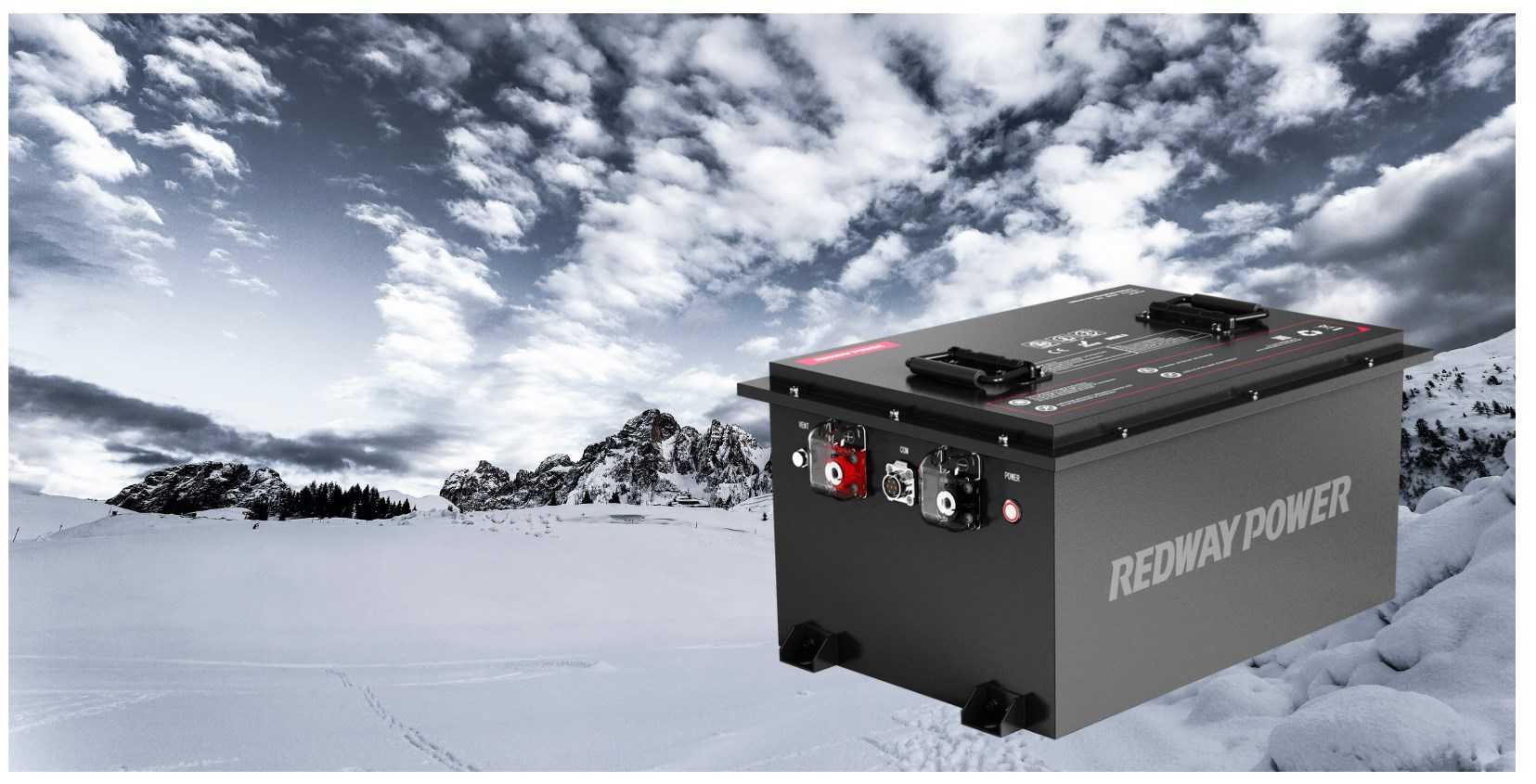LiFePO4 (Lithium Iron Phosphate) batteries have become a popular choice for powering golf carts due to their superior energy density, long cycle life, and enhanced safety features. However, one crucial factor affecting their performance is cold weather. As temperatures drop, the behavior of these batteries changes, impacting their capacity and efficiency. In this article, we delve into how cold weather affects LiFePO4 batteries and provide comprehensive strategies to optimize performance in winter conditions.
Impact of Cold Weather on LiFePO4 Batteries
Cold temperatures can significantly affect the performance of LiFePO4 batteries. The primary issues include:
1. Reduced Capacity and Power Output
In colder conditions, LiFePO4 batteries experience reduced chemical reactions within the cells, leading to diminished capacity and power output. Typically, the battery’s energy storage capability decreases as the temperature drops below freezing, which can result in shorter runtime and less power available for the golf cart.
2. Increased Internal Resistance
Low temperatures can cause an increase in internal resistance within the battery cells. This resistance results in decreased efficiency and can reduce the amount of power delivered to the motor. Increased internal resistance can also lead to higher self-discharge rates, meaning the battery loses charge more rapidly when not in use.
3. Slower Charging Rates
Cold weather can slow down the charging rate of LiFePO4 batteries. Most charging systems are designed to work optimally within a specific temperature range. When temperatures drop, the chemical reactions needed for charging occur more slowly, which can prolong charging times and potentially affect the battery’s overall longevity.
Strategies to Optimize LiFePO4 Battery Performance in Cold Weather
To ensure that LiFePO4 batteries perform reliably even in cold weather, consider the following strategies:
1. Pre-Warming the Batteries
One effective way to combat the effects of cold temperatures is to pre-warm the batteries before installation. By placing the batteries in a warmer environment prior to use, you can ensure that they are at an optimal temperature for both operation and charging. This method helps in maintaining better capacity and power output.
2. Insulation of the Battery Compartment
Insulating the battery compartment can help maintain a stable temperature around the batteries. Use materials such as foam insulation or thermal wraps to shield the battery compartment from extreme cold. Proper insulation minimizes temperature fluctuations and helps maintain the battery’s efficiency.
3. Optimize Charging Practices
Adjust your charging practices to accommodate colder temperatures. Ensure that the charger you use is compatible with low-temperature conditions. Some chargers have temperature compensation features that adjust charging parameters based on the ambient temperature, which can enhance performance in cold conditions.
4. Regular Monitoring of Battery Status
Regularly monitor the status of your LiFePO4 batteries, especially during winter months. Check the voltage levels, temperature, and overall health of the batteries to ensure they are functioning properly. Implementing a battery management system (BMS) can also help in tracking battery performance and detecting any issues early on.
5. Consider Heated LiFePO4 Batteries
For extreme cold conditions, heated LiFePO4 batteries might be a viable option. These batteries come with integrated heating elements that activate in low temperatures, ensuring that the battery remains within the optimal temperature range for operation and charging.
Benefits of Using LiFePO4 Batteries in Cold Weather
Despite the challenges posed by cold weather, LiFePO4 batteries offer several benefits that make them a preferred choice:
1. Enhanced Safety
LiFePO4 batteries are known for their thermal stability and safety features. Unlike some other lithium-ion batteries, LiFePO4 batteries are less prone to thermal runaway, making them safer for use in varying temperature conditions.
2. Long Cycle Life
These batteries offer a long cycle life, which means they can endure numerous charge and discharge cycles before their performance degrades. This long lifespan is advantageous even when dealing with the stresses of cold weather.
3. Environmentally Friendly
LiFePO4 batteries are environmentally friendly due to their non-toxic materials and recyclability. Using these batteries aligns with efforts to promote sustainable and eco-friendly transportation solutions.
Conclusion
In summary, LiFePO4 golf cart batteries can be effectively used in cold weather conditions, provided that certain precautions and optimizations are implemented. By pre-warming the batteries, insulating the battery compartment, optimizing charging practices, regularly monitoring battery status, and considering heated options, one can maintain reliable performance even in challenging temperatures. These steps not only enhance the efficiency of your golf cart but also contribute to a more sustainable and greener future in golf cart transportation.




